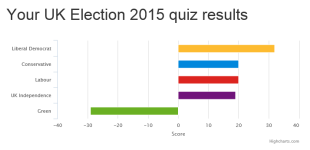Soldato
- Joined
- 13 May 2003
- Posts
- 8,935
The capital cost per kW of onshore wind compared to coal on a simplistic like for like basis is less but when practically achieveable load factor is taken into account it closes right down. When you account for the back up generation required for when the wind doesn't blow it's more expensive.
On a £/MWh to £/MWh comparison coal is much cheaper because it doesn't require huge subsidies in the form of ROC's. With FGD, Low Nox burners and SnCR for sulphur and Nox abatement respetively the pollution from coal is quite tolerable.
Oh and it makes electricity when you want it not when chance prevails.
On a £/MWh to £/MWh comparison coal is much cheaper because it doesn't require huge subsidies in the form of ROC's. With FGD, Low Nox burners and SnCR for sulphur and Nox abatement respetively the pollution from coal is quite tolerable.
Oh and it makes electricity when you want it not when chance prevails.




